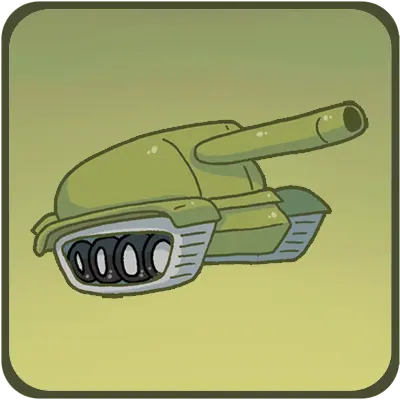The first half of the 20th century began black and gloomy. It's the era of the two great world wars. Every May 4th we still think of all the people who did not survive the Second World War. On 5 May we celebrate the end of this war and hope that there will never be another war like this.
But why don't we commemorate The First World War? In the First World War, a huge number of people were also killed. Mostly men. The women stayed home. The war took place mainly on the ground. In trenches. So not in the cities. Planes already existed, but the technology was not yet advanced far enough to be able to drop bombs. Fortunately though.
The Netherlands was neutral during the First World War. That didn't just mean they didn't want to fight. It also meant they didn't take sides. In World War I, the central forces fought the Allies. The Allies consisted of 26 countries that protected Serbia from the Army of Austria-Hungary. The Crown Prince of Austria, Frans Ferdinand, was murdered by a Serb. This was the trigger of the war. Austria-Hungary was supported by the German Empire, the Ottoman Empire and Bulgaria.
The Ottoman Empire had suffered quite a lot of loss as a part of this war. He didn't exist at the end of the war.
After the First World War, a difficult time began. Still, many people knew how to make the most of it. The Netherlands in particular benefited greatly from the fact that it had remained neutral during the war. In 1917 an artists' association was founded. They called themselves the Style. They wanted to radically change the art. There were painters and architects in this association who are still very famous today. The paintings of Piet Mondrian and the architectural style of Gerrit Rietveld have made history. They've influenced a lot of people.
Nevertheless, the Style was founded in a very nasty period in history. In the 1920s, a major economic crisis arose. Many countries had suffered losses as a member of the World War I. Germany even had to pay millions because they had been designated as the cause of the war. Many people lost their jobs and ran out of money to buy food.
Of course, the poorest people were the most vulnerable during this period. They suffered the most. However, the Jewish community was not very affected by the crisis. Thanks to new laws, they were emancipated. They had been given more and more rights. The old laws had ensured that they were mainly concerned with the trade in money. They weren't allowed to do any other work for a long time because they weren't citizens. Now that they were emancipated, they were allowed to study. They loved to do that, and they were good at it. In the time between the two wars, many Jews were in the trade or had an academic profession. The Jews were among the richest groups of people in Europe during this period.
In Germany in particular, people became increasingly disliked by the Jews. They thought that the Jewish emancipation had been a bad idea and thought that the Jews were the cause of the crisis.
- The totalitarian nature of the communist political systemWhat do you do if an idea doesn't work? Then you come up with a new idea. In the era of the world wars, they sought an alternative to democracy.
- The global economic crisisAn economic crisis erupted in 2009. A lot of people looked back in history. People were afraid of a crisis like the 1930s.
- The racist and totalitarian nature of National SocialismBullies are often very insecure. You can see that in history. The Germans did terrible things because they felt very insecure.
- The German occupation and persecution of jewsWhy do you think we're celebrating on May 5th? We were liberated from the Germans that day. It's history by now, but it's too important to forget.


